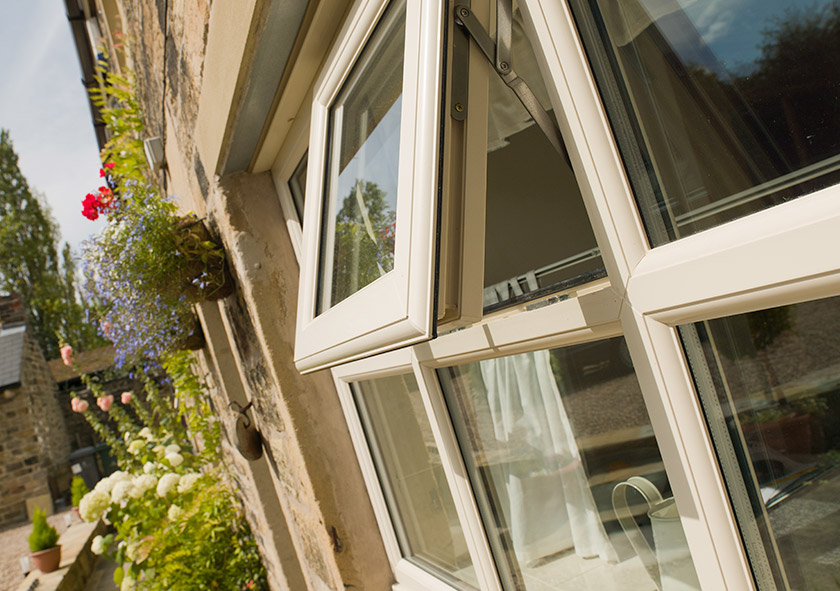
What Does FENSA Stand For?
FENSA stands for the Fenestration Self-Assessment Scheme. It was set up in April 2002 to ensure construction companies met building regulations that specifically deal with window and door installations.
FENSA’s mission is to improve window and door replacements across England and Wales, by professionalising installers and protecting homeowners.
FENSA ensures the work being completed complies with building regulations, is energy efficient, and registered with the local council. And verify that every FENSA Approved Installer’s guarantee is insured.
What Does FENSA Mean?
FENSA is a government authorised scheme that monitors building regulation compliance for replacement windows and doors. The FENSA scheme allows companies like DW Windows to carry out any work to a prescribed set of standards to ensure that the work is done correctly and to a high standard.
It also provides the customer with a job that is energy efficient, structurally sound, provides adequate ventilation and a means of escape in the event of a fire. Regulations for safe glass in certain areas and just as importantly a credible insurance backed guarantee are all covered by FENSA.
The FENSA scheme allows companies like DW Windows to carry out any work to a prescribed set of standards to ensure that the work is done correctly and to a high standard. It also provides the customer with a job that is energy efficient, structurally sound, provides adequate ventilation and a means of escape in the event of a fire. Regulations for safe glass in certain areas and just as importantly a credible insurance backed guarantee are all covered by FENSA.
Can I Sell My House Without a FENSA Certificate?
The short answer, you cannot sell a property without a FENSA certificate. Windows or doors that have been replaced since April 2002 must be supported by a FENSA certificate or a building regulations certificate.
Here is a Basic guide to FENSA regulations and things that homeowners can get caught out on if they purchase and install their own windows or employ a friend or a builder who may not be familiar with the regulations to do their work for them.
Approved Doc A: Structure
This means windows cannot be load bearing. In some situations, a lintel will need to be fitted at an extra cost to the window itself. Here at DW Windows our Surveyors are trained to assess any structural requirements during the pre-installation survey.
Approved Doc B: Fire Safety
Every habitable room on the 1st floor needs to have a Fire Escape window.
Approved Doc F: Ventilation
New builds and extensions usually need to have Trickle Vents fitted at the top of the window to allow background ventilation. This also applies to replacement windows when the original windows had Trickle Vents fitted.
Approved Doc K: Protection from falling, collision and impact
All windows and doors should be designed to minimise the risk of falling from height. Any low-level glass within 800mm of the floor or within 300mm of a door below 1500mm must be Safety glass. Here at DW Windows our survey team will ensure you get the best advice on window safety.
Approved Doc L: Conservation of fuel and power
Modern glazing units should be fitted with Low E glass that reflects heat back into your property. The FENSA regulations are currently C Rated Energy Efficient and above but here at DW Windows we fit A +13 rated windows as standard.
Approved Doc M: Access to and use of buildings
This means that door thresholds are kept as low as possible and door width clearances are a minimum of 800mm (depending on uses).
Approved Doc N: Glazing
Safety in relation to impact, opening and cleaning. This means that any low-level glass within 800mm of the floor or within 300mm of a door below 1500mm must be Safety glass.
If you need any more information by all means give us a call on 01902 661779 or send us a message online.
- Patio Doors For Summer 2025: Everything You Need To Know - April 9, 2025
- Do I Need Trickle Vents On My Windows? - March 18, 2025
- Popular Home Renovation Trends For 2025 - February 3, 2025
Back to Top

